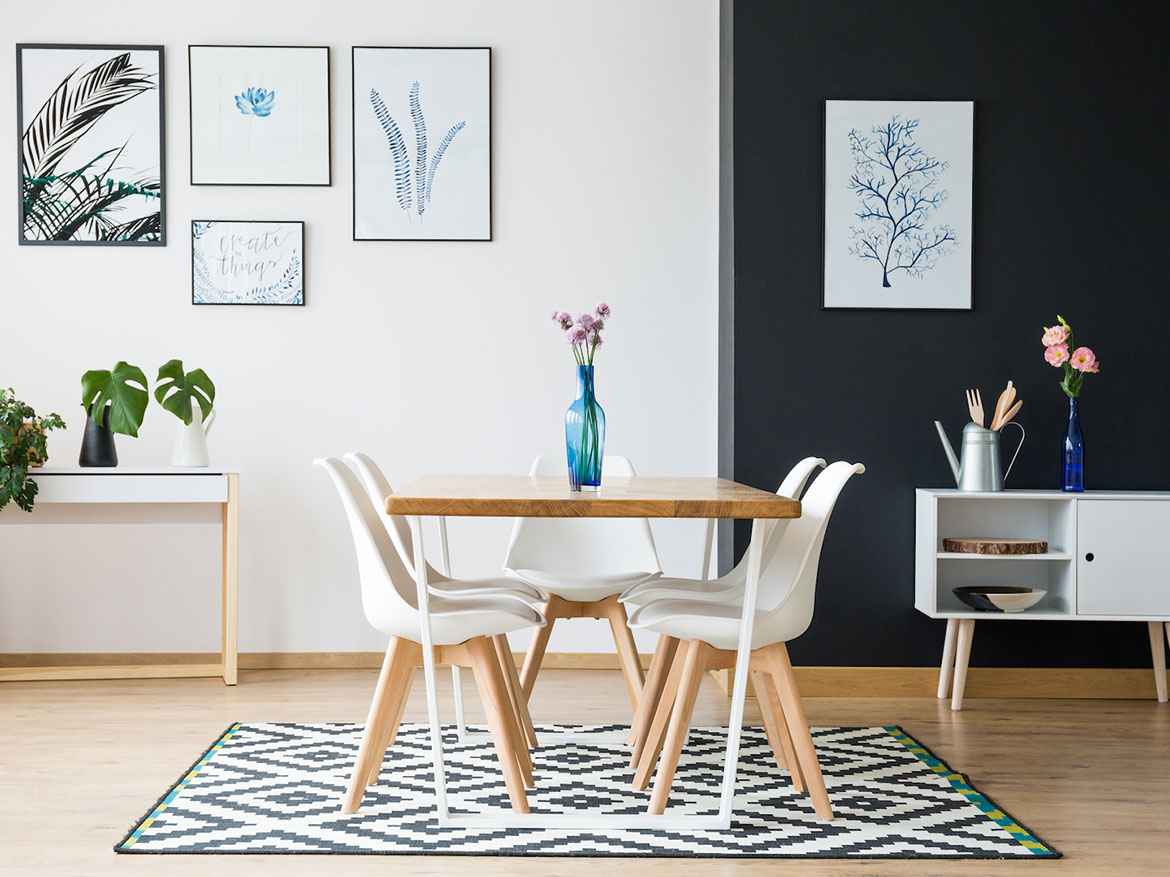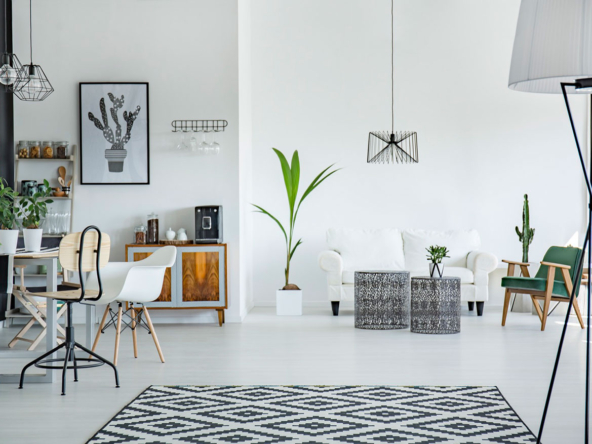One of the biggest decisions many homebuyers face is whether to buy an existing home or build a new one. Both options come with unique advantages and challenges, and your choice will largely depend on your lifestyle, budget, and long-term goals. In this blog post, we’ll break down the pros and cons of each option to help you make the best decision for your future home.
1. Buying an Existing Home
Purchasing an existing home is often the more traditional route. Here are the key pros and cons to consider:
Pros of Buying an Existing Home
1. Convenience and Speed
When you buy an existing home, the process is typically faster than building one. From making an offer to moving in, the entire transaction can take as little as 30 to 60 days. For those who need to relocate quickly or don’t want to wait months for a new home to be built, buying an existing home is often the most convenient option.
2. Established Neighborhoods
Existing homes are often located in well-established neighborhoods with mature landscaping, amenities, and a sense of community. You can get a clear picture of what the neighborhood is like, how it operates, and the value of homes around you.
3. Lower Initial Costs
In many cases, buying an existing home can be more cost-effective than building a new one, particularly in regions where construction costs are high. You can also negotiate with sellers on the price, potentially saving more money compared to the fixed costs of building.
4. Immediate Availability
With an existing home, you can move in shortly after closing, which is ideal for buyers who need immediate housing. There’s no need to wait for construction, so you can start enjoying your new home without delay.
Cons of Buying an Existing Home
1. Limited Customization
When purchasing an existing home, you’re buying a property that was designed and built according to someone else’s preferences. If you want to make significant changes, such as updating the kitchen, adding an extra room, or remodeling the bathrooms, it could require additional time, effort, and money.
2. Potential for Repairs and Maintenance
Older homes often come with wear and tear, which could mean costly repairs after moving in. From roofing issues to outdated plumbing or electrical systems, the need for repairs is a risk that comes with buying an existing home.
3. Less Energy Efficiency
Many existing homes may not be built to modern energy-efficient standards, leading to higher utility bills. Retrofitting an older home with energy-efficient appliances, windows, or insulation can help, but this adds to the overall cost of ownership.
2. Building a Home
Building a home allows you to create a space designed specifically for your needs and preferences. However, this option also comes with its own set of pros and cons.
Pros of Building a Home
1. Full Customization
When you build a home from scratch, you have complete control over every detail. From the floor plan to the finishes, you can design your home to fit your exact needs and tastes. This level of customization is a major draw for many people who want their home to reflect their unique style and lifestyle.
2. Energy Efficiency and Modern Technology
Newly built homes are typically designed with energy efficiency in mind. From high-quality insulation to energy-efficient windows, appliances, and HVAC systems, modern homes can help you save on utility bills and reduce your carbon footprint. Additionally, you can incorporate the latest smart home technology, from security systems to lighting and thermostats, making your home more convenient and functional.
3. Fewer Repairs and Maintenance
With new construction, everything is brand new, from the roof to the plumbing and electrical systems. This means you won’t have to worry about major repairs or updates for several years, offering peace of mind and reducing maintenance costs in the early years of ownership.
4. Warranties
Newly built homes often come with builder warranties, which can cover structural issues, systems like plumbing and electrical, and even some finishes for a certain period. This added protection can help you avoid unexpected expenses after moving in.
Cons of Building a Home
1. Higher Upfront Costs
Building a new home can often be more expensive than purchasing an existing one, depending on the location, materials, and customizations. There are also additional costs, such as purchasing the land, permits, architectural designs, and potential landscaping needs.
2. Time-Consuming Process
Building a home is not a quick endeavor. The process from breaking ground to completion can take several months, or even longer, depending on factors like weather, material availability, and contractor schedules. If you need a home immediately, this may not be the best option.
3. Decision Fatigue
While full customization is a significant advantage, it can also feel overwhelming. Choosing everything from floor plans to fixtures, paint colors, countertops, and more can become a time-consuming and stressful process for those unprepared for the level of decision-making involved in homebuilding.
4. Unforeseen Delays and Costs
Building a home comes with some risks, including potential delays due to weather, construction problems, or supply chain issues. Additionally, costs can sometimes exceed the initial budget if there are unexpected issues or if you decide to make changes during the construction process.
3. Factors to Consider When Deciding
1. Budget
Your budget will play a significant role in determining whether buying or building is the best option. Existing homes generally have a set price, whereas building a home can come with more variable costs due to design choices, materials, and potential construction delays.
2. Timeline
If you need to move quickly, buying an existing home is the faster option. If you have the flexibility to wait for a custom home to be built, the long-term benefits of a new home might outweigh the immediate convenience of buying an existing one.
3. Location
Building may offer more options for choosing a specific lot, especially in newer or developing areas, whereas existing homes tend to be in more established neighborhoods. Consider whether the location of the property is more important to you than the age or design of the home.
4. Long-Term Vision
Consider your long-term plans for the home. If you’re planning to live in the property for many years, building a custom home may offer more satisfaction in the long run. However, if you’re looking for a shorter-term investment, an existing home may provide more immediate financial return.
Conclusion: Should You Buy or Build?
Ultimately, the decision to buy an existing home or build a new one comes down to your personal preferences, financial situation, and timeline. If you value convenience, speed, and lower upfront costs, buying an existing home might be the best choice. However, if customization, energy efficiency, and having a brand-new home tailored to your needs are your top priorities, building a home could be the ideal route.
Both options have their unique advantages and potential drawbacks, so carefully weighing the pros and cons will help ensure you make the right choice for your future home.
Whether you’re looking to buy an existing home or build your dream house, I can help guide you through the process. Reach out today to discuss your goals, and let’s find the perfect solution for your needs!


